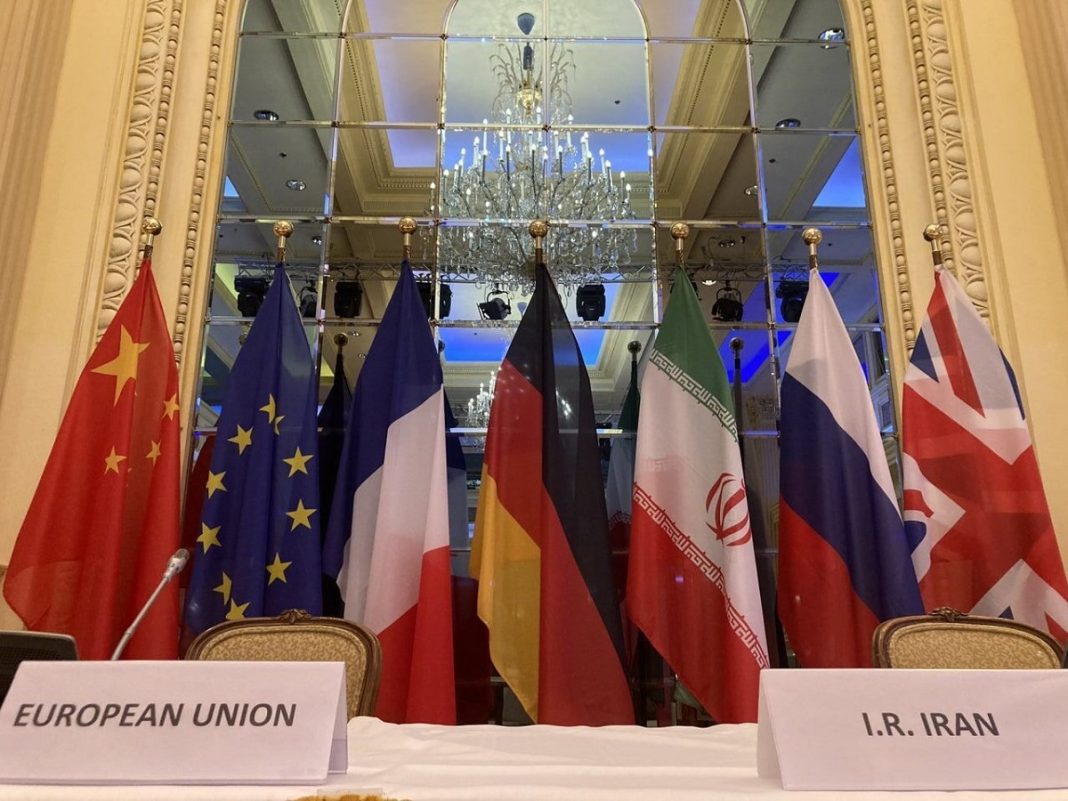“The situation around agreements on reviving the JCPOA in the shape it was concluded is currently static. Yet there was no backsliding either,” the senior diplomat told reporters.
According to him, the deal’s revival is largely an “issue of making relevant political decisions.”
“The most important decision here is the necessity for the US to realize and admit that they need to return to the full-scale implementation of [UN Security Council] Resolution 2231,” the deputy foreign minister pointed out.
Ryabkov added that if Washington recognizes this, then “all subsequent steps will be made easier and faster than it has been so far.”
“The Iranian side confirms its readiness both to promptly conclude negotiations on the JCPOA and continue cooperation with the IAEA Secretariat on relevant subjects. There are no unsolvable problems here and, in my opinion, no impasse is in sight,” he concluded.
The Iran nuclear deal, also known as the JCPOA, was an agreement signed in 2015 by Tehran with the United States, the United Kingdom, France, Germany, Russia and China, during the presidency of Barack Obama. However, Obama’s successor Donald Trump abandoned the JCPOA in May 2018 and slapped harsh sanctions on Iran. Joe Biden had vowed to resume talks to revive the Iran nuclear deal and remove the harsh US sanctions. Two years into the presidency, Biden has failed to keep his promise and is now threatening to take military action.
